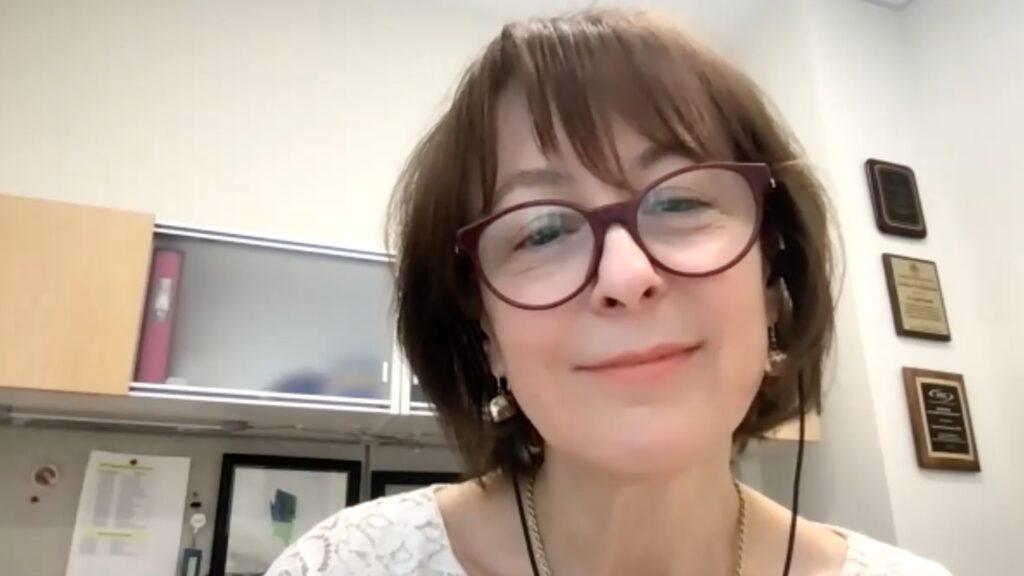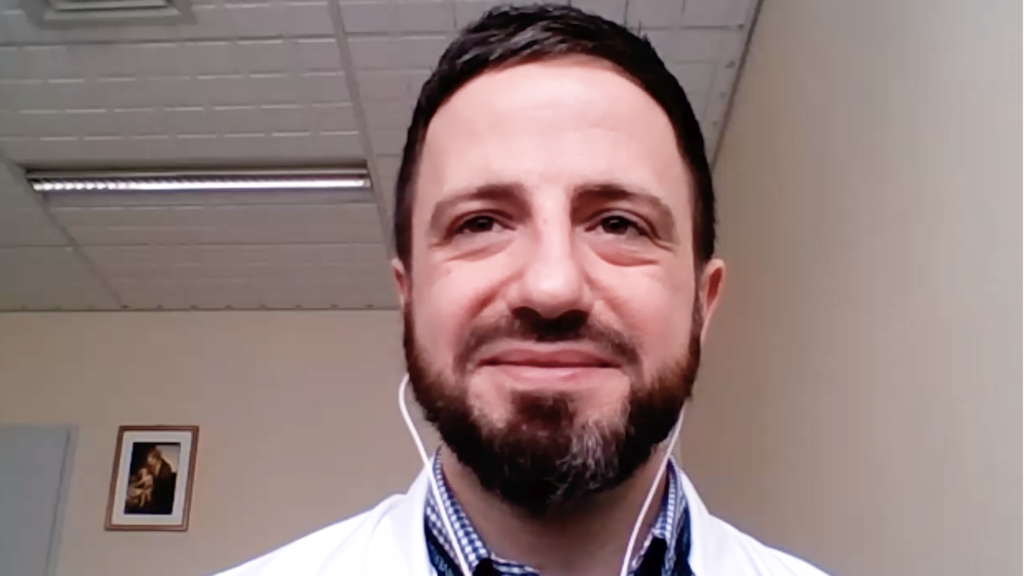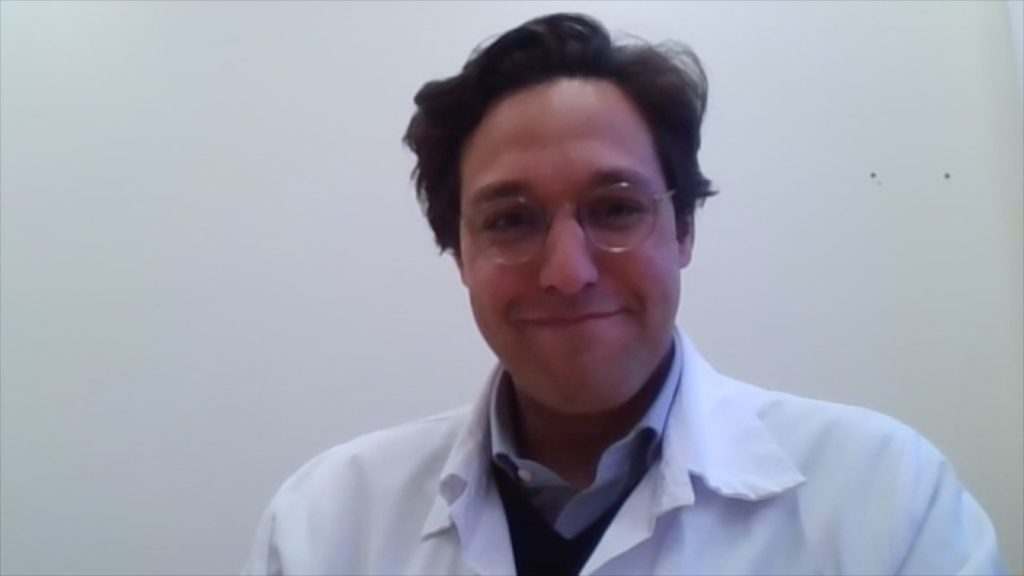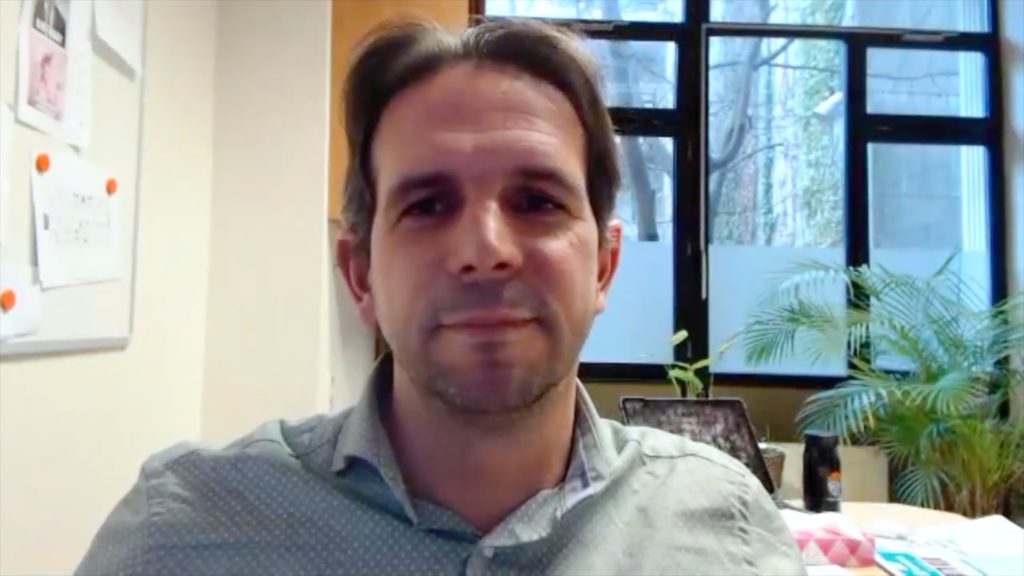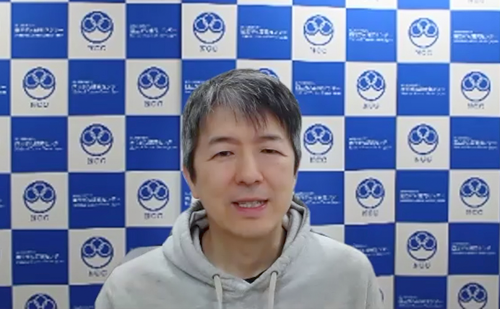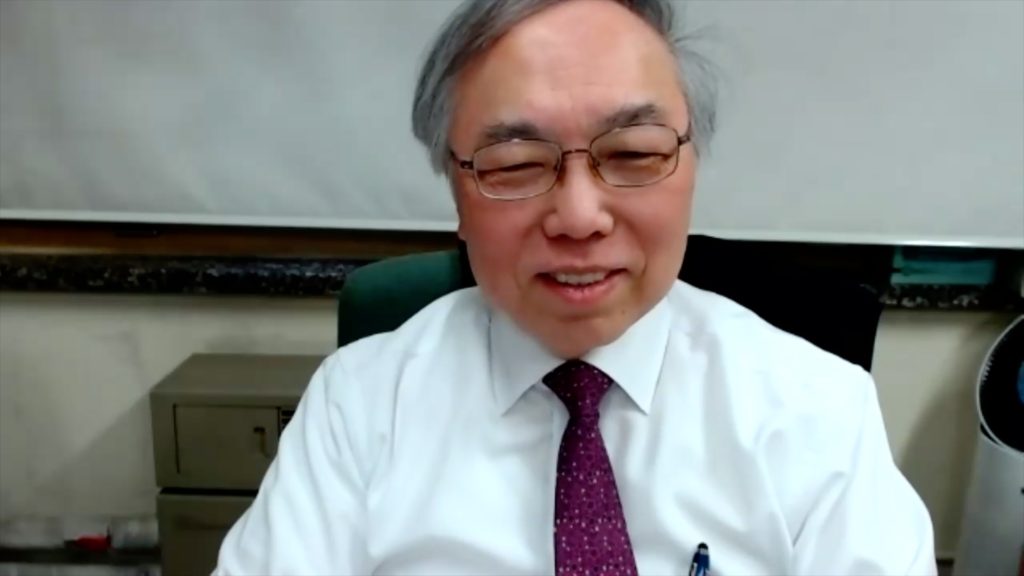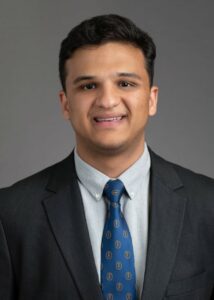 As part of our Rising Stars feature, which celebrates the remarkable achievements of early-career physicians, we were delighted to speak with Dr Hassan Abushukair.
As part of our Rising Stars feature, which celebrates the remarkable achievements of early-career physicians, we were delighted to speak with Dr Hassan Abushukair.
Born and raised in Irbid, in the north of Jordan, Hassan began his medical training at the Jordan University of Science and Technology, where he earned his medical degree in 2024. He later transitioned to the USA and is currently pursuing a Masters of Clinical and Translational Science while working as a postdoctoral researcher at the University of Oklahoma Health Sciences Center & Stephenson Cancer Center.
Hassan’s research centres on unravelling the intricate interplay between the immune system and cancer, leveraging advanced computational and bioinformatics techniques. By seamlessly combining his clinical expertise with bioinformatics, he is making significant strides in advancing precision oncology and stands as a shining example of dedication to the field of immuno-oncology.
Dr Abushukair’s contributions are already remarkable, with over 20 published papers, numerous conference abstracts, and a co-authored book chapter. His dedication has also earned him prestigious international honours, including the American Association for Cancer Research’s Global Scholar-In-Training Award and the Society of Hematological Oncology’s Young Investigator Program Grant.
In this Q&A we sit down with Hassan as he kindly shares his insights into his career journey, research, and aspirations in immuno-oncology.
Q. Could you share how you began your journey in the field of computational translational immuno-oncology and what inspired you?
Honestly when I started medical school, I didn’t have much passion for medicine, mainly because I didn’t fully understand what it truly entailed at that time. Looking back, it was more that I was trying to find my purpose, and that’s where research came. I knew I loved problem solving and research is the pure epitome of that.
As for immunology, it all started in 2018 when the Nobel Prize for Physiology or Medicine was announced. That year, Dr James P Allison and Dr Tasuku Honjo were jointly awarded for their discovery of cancer therapy through the inhibition of negative immune regulation. I remember my Mom and Dad sharing the news with me when it was announced in the hope it would change my mind about medicine being “boring”, and indeed I was wrong, so I wholeheartedly owe it to them that I didn’t drop out of medical school.
Afterwards, I watched the related documentary Jim Allison: Breakthrough, and I was fascinated by the potential of simply unleashing the brakes of our endogenous immune systems in fighting cancer, that sounded like science-fiction to me at that point. Around that time, I was also working on a review about melanoma immunotherapy, and it all started coming together, from the science, to the clinical implications. Simply put, I became captivated by the intricate dance between immunology and cancer cells and the downstream clinical implications on patients’ management and outcomes.
The computational part was more of a necessity. For a medical student in Jordan, laboratory research wasn’t that readily accessible. I remember coming across a study published in Nature and in its methods, the authors stated that they had used a publicly available dataset. And I remember just being surprised that this type of data was available, and then my thoughts turning to how I could handle this kind of data. From this point it was a case of trial and error to learn bioinformatics and finding what could be done, and the art you can paint with the interaction of computational biology, medicine, oncology and immunology.
Q. Can you tell us about a mentor who has significantly impacted your journey and how their guidance helped you navigate challenges and shape your aspirations?
I have been fortunate to have multiple mentors throughout different stages of my career, from my time in Jordan to my transition to the USA. Mentorship has been a consistent theme in my journey, and I’ve always been lucky to have great mentors.
Currently, at the University of Oklahoma, I am privileged to have two mentors. On the clinical side, Dr Abdul Rafeh Naqash, a medical oncologist, has been an invaluable guide helping me navigate translational research as a physician. On the bioinformatics side, I am a part of Dr Tae Gyu Oh’s computational laboratory, where my skills and understanding of bioinformatics have been fostered to new levels. It’s a unique and rewarding situation where I get to experience the best of both worlds—I see both the clinical and the scientific perspectives. This dual perspective is invaluable, especially in challenging situations that require integrating both outlooks.
Both mentors have been incredibly supportive. They are great human beings before anything, who genuinely want the best for me, and then the scientific and career advancements organically follow as a by-product. Overall, I am extremely grateful for all the mentorship I have received and will continue to receive throughout my career from all my mentors.
Q. Winning numerous prestigious society awards and presenting your research at pivotal meetings are remarkable achievements. How have these experiences shaped your career and approach to research?
I have always considered these achievements as key milestones in my career. My first international conference was the American Association for Cancer Research (AACR) Annual Meeting in 2022, and it completely changed my outlook. I was fortunate to receive a Global Scholar-In-Training Award, which covered all the financial and logistical aspects, allowing me to attend the event.
The experience of seeing top experts in my field discussing their work and presenting game-changing projects was truly fascinating. Attending key panel sessions with thousands of people in the room, all applauding these groundbreaking ideas, was incredibly inspiring. Honestly, something just clicked for me at that conference. It was a pivotal moment that reinforced my passion for my work.
But I would say the most valuable part of that conference—and any conference I attend—is the interactions you get to have with your peers and senior scientists. For example, at that conference, I had the chance to meet Dr Jim Allison. I also had the opportunity to discuss my work with him, which was surreal—I never imagined something like that would happen so early in my career.
Thanks to these conferences, I’ve been able to form meaningful connections and friendships with people from all over the world. In fact, I met a few of my mentors there, and we started working together after those initial meetings. Honestly, that first conference exceeded all my expectations. It checked so many boxes I didn’t even realize I had, and it’s been a huge driver in changing my perspective. Today, it is a full circle moment, as I am serving as a co-chair of the AACR Global Scholars Alumni Committee, dedicated to advancing the professional development of our global alumni network.
Q. What emerging trend excites you the most, and why do you believe it holds great potential for advancing the field?
I might be biased because this is what we focus on in our laboratory, but I’d say the field of spatial omics—spatial transcriptomics, proteomics, and epigenomics—is incredibly exciting. In our laboratory, we primarily work on spatial transcriptomics, and it’s fascinating to see the unprecedented level of granularity and resolution we’re achieving with these platforms.
What’s even more thrilling is thinking about what can be derived or harvested from this data. Generating the data itself is humbling and exciting, given its sheer volume and complexity. But leveraging and extracting potential implications is an entirely different game. We’re already beginning to see the impact, with some groundbreaking studies being published and influencing patient care through new drugs and investigations.
We’re still just scratching the surface, but I think it’s going to be very exciting to see what happens in the next 2 to 3 years in this field—hopefully with some contributions from our group.
Q. What are your long-term ambitions, and how do you envision your work contributing to improving patient outcomes?
My goal is to become an immune-oncology physician-scientist. I’ve recently completed my MD and am currently focusing on research, with the plan to return to clinical practice and complete my internal medicine residency and oncology fellowship. I aspire to reach a point in my career where I have the privilege of tailoring my research to address the needs of my patients.
In terms of how I think my work could contribute to improving patient outcomes, our current focus is on a rare type of soft tissue sarcoma. We are leveraging advanced platforms to understand immunotherapy dynamics and identify potential future therapies. What excites me most about this project is that it acts as a proof of concept, demonstrating how we can pinpoint and target subgroups of patients with unique pathological and molecular features. This approach could, ultimately lead to more personalized and effective treatment options.
I think this is important because we’re going to reach a point where even broad categories like lung cancer or breast cancer will be further subdivided into smaller and smaller groups based on shared molecular features. At that point, these subgroups could closely resemble rare cancers by sharing specific molecular characteristics.
Some of these rare cancers are often fusion-driven or defined by specific mutations. I believe we have much to learn from studying them, particularly by using the strategies developed to address them as a template for tackling smaller subgroups within broader cancer categories. To divide and conquer essentially. My hope is that this approach will evolve into a blueprint for effectively targeting subgroups with shared molecular or histopathological characteristics.
Q. What advice would you give to those starting out and considering a career as a physician-scientist?
On the clinical side, the most important factor is to always prioritize patients above all. In medical school, we were always taught to provide patient-centred care, I think this is even more very relevant when you are considering your next research quest. Start with the patient and you will definitely arrive at the right questions to ask.
On the scientific side, I didn’t follow a traditional scientific training path, so my journey has been one of trial and error—experimenting to find what I enjoy and what I’m good at. My advice to anyone starting out, whether in medicine or another field, is to experiment as much as possible at the beginning. Try different things to gather evidence, not just assumptions, about what you like and don’t like. Hands-on experience is key to understanding what truly resonates with you.
Secondly, wherever you go, seek the right mentors. This can be a game changer and a major determinant of your success. In science, we often say we stand on the shoulders of giants and having mentors who genuinely care about your growth and well-being is invaluable. They should help you reflect on how to reach your full potential and ensure you’re doing work that aligns with your passions and goals.
Mentorship is crucial at every stage of your career—not just early on, but also at mid-career and senior levels. It is something I always prioritize, and one day, I aspire to provide that kind of support to others.
Support: No funding was received in the publication of this short article.
Interviewer: This interview was conducted by Gina Furnival, Senior Editorial Director
Cite: Abushukair H. Shaping immuno-oncology and precision medicine through bioinformatics: Celebrating a pioneer in progress, Hassan Abushukair. TouchIMMUNOLOGY. 17 December 2024
More content in the field of Digestive Disorders

